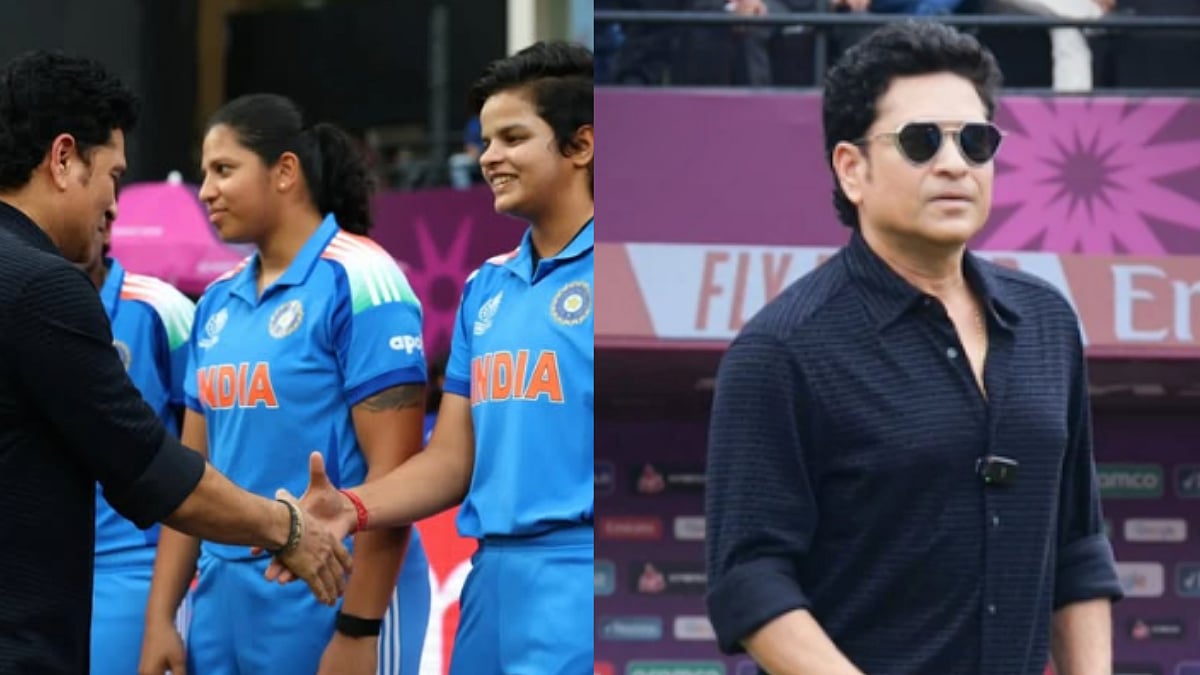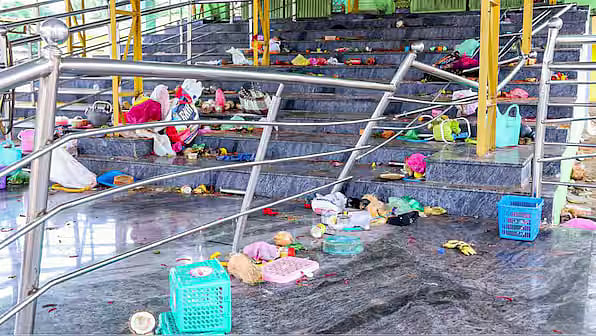I have been mostly critical of the establishment; be it the current BJP-NDA government or the previous Congress-UPA dispensation. However, comparing the prevailing situation with that of nine years ago, I can very proudly claim that our nation is on a steady path and growing slowly.
Let's take the examples of the wonderful roads and highway networks as well as the availability of cheap high speed internet from highways, remote areas of Himalayas to the northeast. Another notable achievement is that in the metropolitan cities, one can find that even the vegetable vendors and rickshaw drivers/pullers are accepting money through online UPI system.
No doubt, problems like bank server is- sues or internet glitch rise in two out of 10 transactions. Overall, these three gigantic changes have tremendously helped the public at large. Even we lawyers are beneficiaries of the good internet system. It facilitates virtual hearings at the Supreme Court and the high courts, which could be several thou- sand kilometers away from the location of parties.
Recently, the Hon'ble Chief Justice of India directed all the high courts to prepare a standard operating procedure for virtual hearings. The Madhya Pradesh HC has completely adopted the virtual hearing for advocates. Now, I can even argue my case in Jabalpur or Indore Bench, while sitting in my Delhi chamber.
India's other growth factors are fast-expanding highways and expressways. I will give the example of Delhi-Meerut Expressway (DME). Although a bit lengthy, still it has decreased the travel time from 2.5 hours to 50 minutes between Delhi and Meerut. Now, an advocate or a businessman can easily frequent both the cities as well as adjoining districts, and still reach back home within time. Earlier, it used to take 2-3 and some- times 4 hours to cover just a distance of 50 km.
The trouble with the DME is heavy deforestation and high toll charges; the per km rate is over Rs 2.50-3. In 2013-14, the Uttar Pradesh state roadways buses used to charge Rs 34 from Delhi to Meerut, but now they charge Rs 100. No doubt, expensive diesel is also responsible but high toll rates are a big concern for a common man driving a small petrol car.
The Union government must take some positive action over this in the upcoming budget session. Another negativity is the thuggery of mobile service providers. Majorly, there are only two companies remaining in the telecom sector. Both the firms are literally into the malpractice of unfair trade. They charge a huge amount for a monthly recharge, which comes to around Rs 200-300 per month with internet (not unlimited data). Also, they consider 28 days as a month with their shrewd calculation. Effectively, it's not even 28 days, just 27 instead of actual 30 or 31 days. Despite many complaints to the Telecom Regulatory Authority of India and the Telecom ministry, no one has done any- thing substantive over this unfair trade practice of imposing monopoly on public.
On one hand, our Hon'ble Prime Minister gives the slogan of 'Sabka Saath, Sabka Vikas'. On the other hand, such businessmen, companies or toll collection firms are showing big thumbs down to his slogan and making profit out of a common mans hard-earned money. On December 4, I visited Jabalpur for a matter in the high court, but I was highly shocked to see the sudden surge in air ticket prices owing to the assembly poll results on December 3.
The airlines knew that many leaders and politicians would travel between Madhya Pradesh and Delhi and vice versa, so they escalated the prices five-fold. One way air ticket, which usually cost me around Rs 3,000, was selling at Rs 16,000. This kind of malpractice falls under the definition of unfair trade practice and is also considered as illegal and unconstitutional. The Union government must do something coercive against such airlines, toll collecting companies and mobile service providers.
These conspirators of monopoly shall never allow our Prime Minister's biggest dream of developed and strongest India to become a reality. In the end, I will say that this is not the job of the Supreme Court or high courts to look into such public interest litigations as these are policy matters under various Union ministeries. The Parliament has the authority to control, curtail, regulate or stop such malpractices. You cannot go for judicial overreach every time and only the ministry concerned has to take action and punitive steps over such issues.
I am sure that under the Prime Minister's able leadership, these issues will get re- solved in the near future or in the upcoming budget session or by some general government order. Such problems are antithetical to the 'India Shining' slogan.
The writer is a practising advocate at the Supreme Court and posts on X from @iamAttorneyILIN handle










